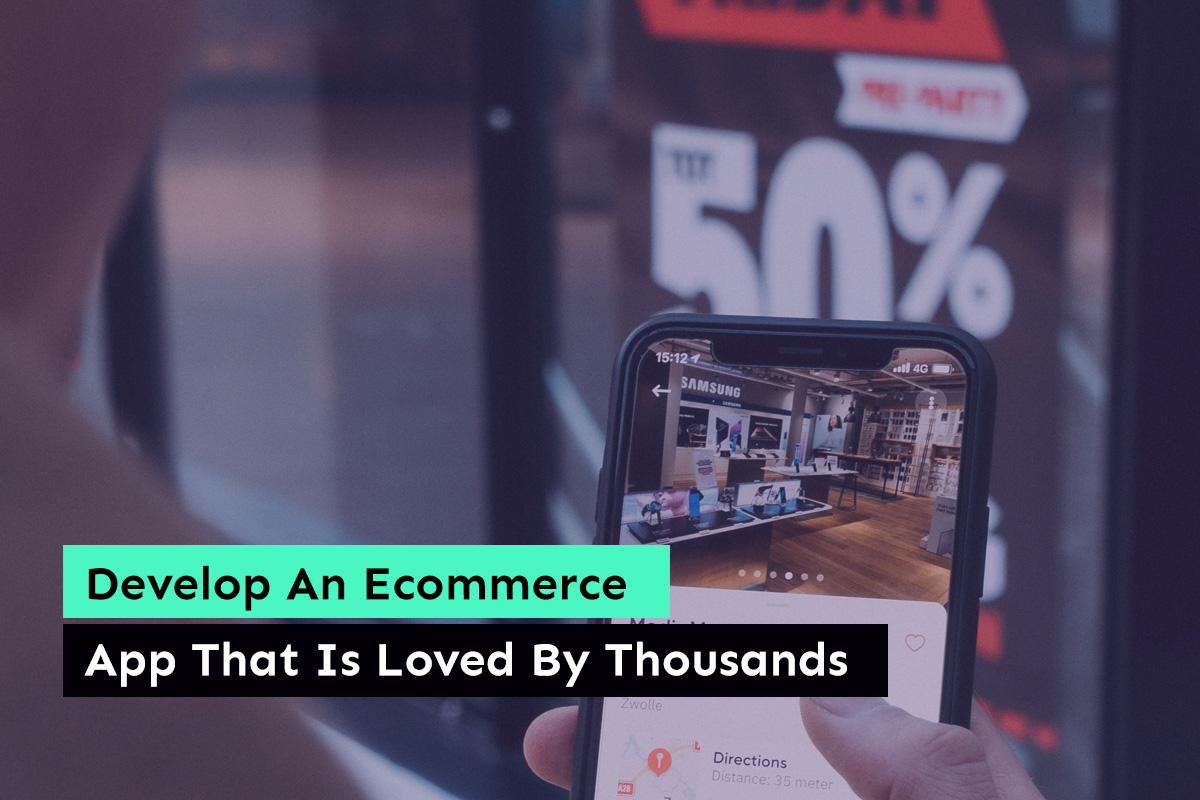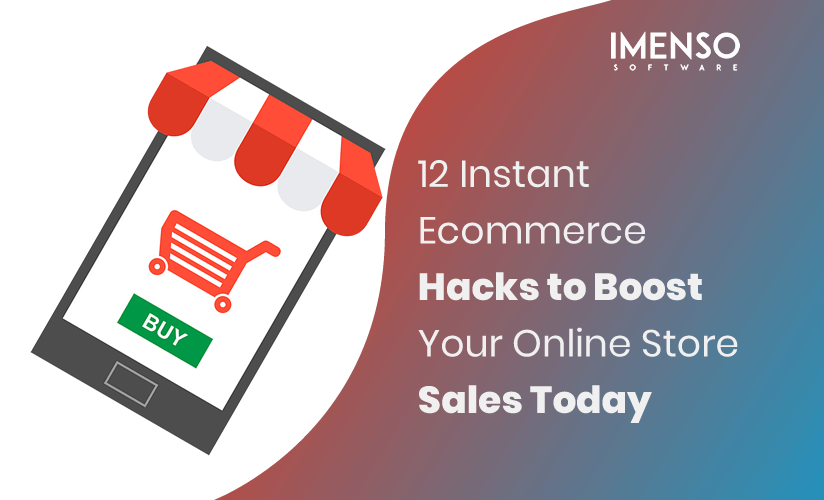Mastering Shopify SEO in 2024: Proven Strategies for E-commerce Success

Are you struggling to make your Shopify store stand out in the crowded online marketplace? Do you wonder how some e-commerce businesses effortlessly attract droves of customers while others struggle to gain traction? In the fast-paced world of 2024, where competition is fierce and algorithms are constantly changing, mastering Shopify SEO (Search Engine Optimization) has become the ultimate game-changer for e-commerce success.
In this blog, we’ll take you on a journey into the heart of effective Shopify SEO strategies, unveiling the secrets that can transform your online store from a mere digital presence into a thriving hub of activity. From unlocking the power of search engine algorithms to harnessing the latest trends in e-commerce optimization, we’ll provide you with the tools and insights you need to elevate your Shopify store above the noise and captivate your target audience.
Join us as we unravel the mysteries of Shopify SEO and discover how you can boost visibility, drive traffic, and unlock the full potential of your e-commerce venture in 2024 and beyond.
Understanding the E-commerce Industry

The e-commerce industry has undergone a seismic shift in recent years, reshaping the way businesses operate and consumers shop. Defined by the buying and selling goods and services over the internet, e-commerce has experienced explosive growth, driven by a convergence of technological innovation, changing consumer behavior, and global market dynamics.
Read Our Page : Shopify development company
Technological Advancements
One of the primary drivers of e-commerce growth has been advancements in technology. From the proliferation of smartphones and high-speed internet to the development of secure online payment gateways and robust e-commerce platforms like Shopify, technology has made it easier than ever for businesses to establish and operate digital storefronts. Innovations such as augmented reality (AR), virtual reality (VR), and artificial intelligence (AI) have further enhanced the online shopping experience, allowing consumers to interact with products in immersive ways and receive personalized recommendations tailored to their preferences.
Changing Consumer Behavior
The rise of e-commerce can also be attributed to shifting consumer behavior. Today’s consumers are increasingly turning to the internet to research products, compare prices, and make purchases, driven by factors such as convenience, accessibility, and an abundance of choice. The COVID-19 pandemic catalyzed e-commerce adoption, accelerating the shift from traditional brick-and-mortar retail to online shopping as lockdowns and social distancing measures compelled consumers to embrace digital channels for their shopping needs. As a result, businesses that previously relied solely on physical storefronts were forced to pivot to e-commerce to stay competitive and meet evolving consumer expectations.
Global Market Trends
E-commerce operates on a global scale, transcending geographical boundaries and connecting businesses with consumers across the globe. Marketplaces like Amazon and Alibaba have facilitated cross-border trade, enabling merchants to reach international audiences and tap into new markets. The rise of globalization and the increasing prevalence of free trade agreements have further fueled e-commerce growth, creating opportunities for businesses to expand their reach and diversify their customer base. Additionally, demographic shifts, such as the growing purchasing power of millennials and Generation Z, have reshaped consumer preferences and consumption patterns, driving demand for seamless, omnichannel shopping experiences that seamlessly blend online and offline interactions.
Competitive Landscape
As e-commerce continues to thrive, competition among online retailers has intensified. With millions of stores vying for consumers’ attention, standing out amidst the noise requires strategic differentiation and effective marketing strategies. Success in e-commerce hinges not only on the quality of products and services but also on factors such as brand identity, customer experience, and digital marketing prowess. Businesses must continually innovate and adapt to stay ahead of the curve, leveraging data-driven insights, emerging technologies, and agile business models to meet the evolving needs and preferences of their target audience.
Understanding the Importance of SEO for Shopify Stores

In the bustling world of e-commerce, where competition is fierce and consumer attention is fleeting, the importance of Search Engine Optimization (SEO) for Shopify stores cannot be overstated. As merchants strive to carve out their niche in the digital marketplace, SEO serves as a powerful tool for improving visibility, driving organic traffic, and ultimately, boosting sales. Let’s delve deeper into why SEO is indispensable for Shopify stores and how it impacts various aspects of online business.
Read Our Old Blog : The Most Trending Online Marketplace Apps In 2021
- Enhanced Visibility and Discoverability : In a vast sea of online stores, visibility is key to attracting potential customers. When users search for products or solutions relevant to their Shopify store, appearing at the top of search engine results pages (SERPs) significantly increases their chances of being discovered. SEO optimizes your store’s content and structure to align with search engine algorithms, making it more likely to rank higher for relevant keywords and phrases. By enhancing your store’s visibility, SEO ensures that it remains competitive in the crowded e-commerce landscape and captures the attention of qualified leads.
- Increased Organic Traffic : Organic traffic refers to visitors who find your Shopify store through unpaid search results, as opposed to paid advertising or other promotional channels. Unlike paid campaigns, which require ongoing investment, organic traffic generated through SEO is sustainable and cost-effective in the long run. By optimizing your store’s content for search engines, you can attract a steady stream of organic traffic from users actively seeking the products or services you offer. This not only reduces reliance on paid advertising but also ensures a higher return on investment (ROI) over time.
- Building Trust and Credibility : Ranking prominently in search engine results instills trust and credibility in the minds of consumers. Studies have shown that users tend to perceive websites that appear at the top of SERPs as more reputable and trustworthy. By implementing SEO best practices, such as optimizing for relevant keywords, improving website speed, and enhancing user experience, Shopify stores can establish authority within their niche and build a positive online reputation. As trust and credibility grow, so does consumer confidence in your brand, leading to increased engagement, loyalty, and sales.
- Targeted Traffic and Higher Conversion Rates : One of the primary advantages of SEO is its ability to attract targeted traffic—users who are actively seeking the products or services you offer. By optimizing your Shopify store for specific keywords and phrases relevant to your target audience, you can attract visitors who are more likely to convert into customers. These highly qualified leads are already interested in what you have to offer, making them easier to engage and convert. As a result, Shopify stores that prioritize SEO often experience higher conversion rates, driving increased sales and revenue.
- Long-Term Sustainability and Growth : Unlike short-term marketing tactics that deliver immediate results but may fizzle out over time, SEO offers long-term sustainability and growth potential for Shopify stores. By investing in SEO, merchants lay the groundwork for ongoing visibility, traffic, and revenue generation, even as market conditions evolve. SEO efforts compound over time, with the cumulative impact of optimizations leading to improved rankings, increased authority, and greater brand recognition. As a result, Shopify stores that prioritize SEO are better equipped to weather fluctuations in consumer behavior, algorithm updates, and competitive pressures, ensuring sustained growth and success in the ever-changing e-commerce landscape.
Key SEO Strategies for Shopify Stores in 2024

In the ever-evolving landscape of e-commerce, mastering Search Engine Optimization (SEO) is essential for Shopify stores to stand out amidst the competition and attract qualified traffic. As we enter 2024, the SEO landscape continues to evolve, with new trends, algorithms, and best practices shaping the way businesses optimize their online presence. Here are key SEO strategies tailored specifically for Shopify stores in 2024:
- Comprehensive Keyword Research and Optimization : Keyword research remains the cornerstone of SEO success. In 2024, focus on identifying long-tail keywords and semantic variations that reflect user intent and align with your Shopify store’s offerings. Leverage keyword research tools like SEMrush, Ahrefs, and Google Keyword Planner to uncover high-potential keywords with reasonable search volume and competition levels. Once you’ve identified your target keywords, strategically integrate them into your Shopify store’s content, including product titles, descriptions, meta tags, URLs, and image alt text. Aim for a natural and seamless incorporation of keywords to enhance both search engine visibility and user experience.
- Optimize Product Pages for Maximum Visibility : Each product page on your Shopify store represents an opportunity to capture the attention of potential customers. In 2024, prioritize optimizing product titles, descriptions, and meta tags with relevant keywords while ensuring accuracy and clarity. High-quality images, videos, and detailed product descriptions can enhance user engagement and increase conversion rates. Additionally, leverage Shopify’s built-in features, such as customizable URLs and meta fields, to further optimize product pages for search engines. Implement structured data markup to provide search engines with valuable information about your products, such as price, availability, and reviews, enhancing your store’s visibility in rich snippets and other search features.
- Mobile-First Optimization : With mobile devices accounting for a significant portion of online traffic, optimizing your Shopify store for mobile is no longer optional—it’s a necessity. In 2024, prioritize mobile-first design principles to ensure that your store provides a seamless and intuitive browsing experience across all devices and screen sizes. Choose mobile-responsive themes that adapt dynamically to different screen sizes and orientations, optimizing page layouts, images, and navigation elements for mobile users. Prioritize page speed optimization to minimize loading times on mobile devices, as faster load times not only improve user experience but also contribute to higher search engine rankings.
- Content Marketing and Blogging : Content marketing remains a powerful tool for driving organic traffic and establishing authority within your niche. In 2024, focus on creating high-quality, informative content such as blog posts, guides, tutorials, and product reviews that address the needs and interests of your target audience. Incorporate relevant keywords naturally into your content while providing valuable insights, solutions, and actionable advice. Promote your content across social media channels, email newsletters, and other digital platforms to attract visitors to your Shopify store and encourage user engagement. By consistently publishing valuable content, you can enhance your store’s visibility, build brand awareness, and drive organic traffic over time.
- Build High-Quality Backlinks : Building high-quality backlinks from authoritative websites remains a fundamental aspect of off-page SEO. In 2024, focus on acquiring backlinks from reputable sources within your industry through techniques such as guest blogging, influencer outreach, and content partnerships. Additionally, leverage internal linking within your Shopify store to enhance navigation and distribute link equity throughout your site. Link to related products, blog posts, and category pages to improve user experience and encourage search engine crawlers to discover and index more of your content.
- Enhance User Experience (UX) : User experience (UX) is a critical ranking factor in SEO and conversion rate optimization. In 2024, prioritize enhancing the overall user experience of your Shopify store to improve engagement, retention, and ultimately, search engine rankings. Ensure that your store is intuitive, visually appealing, and easy to navigate across all devices. Simplify the checkout process, optimize product search functionality, and minimize friction points to enhance user satisfaction. Leverage Shopify apps and plugins to implement features such as live chat support, product reviews, and personalized recommendations, further enriching the shopping experience for your customers.
- Local SEO Optimization : For Shopify stores with a physical presence or serving specific geographic regions, optimizing for local SEO is essential for improving visibility in local search results. In 2024, ensure that your business name, address, and phone number (NAP) are consistent across all online platforms, including your Shopify store, Google My Business, and local directories. Optimize your Google My Business listing with accurate information, customer reviews, and high-quality images to attract local customers and improve local search rankings. Encourage satisfied customers to leave positive reviews, as they can boost your store’s credibility and visibility in local search results.
Conclusion
As the e-commerce landscape continues to evolve, mastering SEO is essential for Shopify stores looking to achieve sustainable growth and success in 2024 and beyond. By implementing the key strategies outlined in this blog—from comprehensive keyword research and optimized product pages to mobile responsiveness, content marketing, and local SEO optimization—you can enhance your store’s visibility, attract qualified traffic, and ultimately drive conversions.
Ready to take your Shopify store’s SEO to the next level? Partner with Imenso Software, a trusted provider of e-commerce solutions and SEO services. Our team of experts specializes in helping Shopify merchants optimize their online presence for maximum visibility and profitability. Contact us today to learn how we can tailor a customized SEO strategy to elevate your Shopify store to new heights of success.
We’re honored to mention that our efforts have been recognized by renowned B2B review and research platforms such as GoodFirms, Clutch, MirrorView, and many more.
Want more information about our services?
Similar Posts

Develop An Ecommerce App That Is Loved By Thousands
The eCommerce industry has been on the rise since its inception but the worldwide increase in the usage of mobile devices has supported the booming of the mobile commerce market. ...

12 Instant Ecommerce Hacks to Boost Your Online Store Sales Today
In 2020, $861.12 billion were spent on eCommerce sales. That is last year alone, online sales have improved by a staggering 44%! And even if you still can’t comprehend how big the eCommerce industry has become, think it this way, more than half of the world population prefer shopping online. ...

How to Build a Scalable eCommerce Platform with MEAN Stack
In the modern digital era, the eCommerce industry has grown exponentially, and online shopping has become an integral part of our daily lives. With the increasing demand for online shopping, businesses need to build scalable eCommerce platforms that can handle large volumes of traffic, transactions, and users. This is where the MEAN stack Development services […]...








